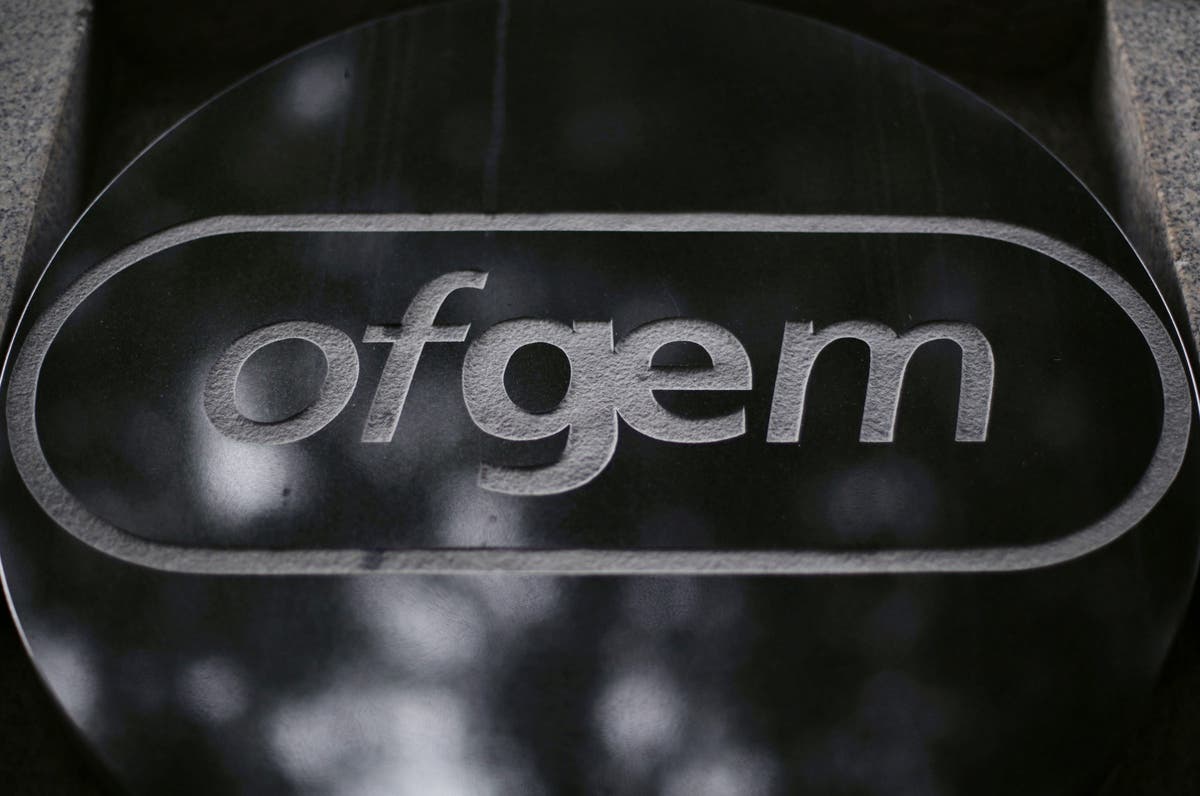Craig Lord, man ignored | Newsroom
Local Government
The Auckland mayoral race is entering its final weeks, and a clear leader is still to emerge. It is the nature of politics that candidates grumble about media coverage but, as Mark Jennings writes, one aspirant may have a point.
At the last mayoral election in Auckland Craig Lord came a creditable third. Lord won close to 30,000 votes. Green MP Chloe Swarbrick got fewer votes in her run for mayor in 2016 and now has a rising political career, so what’s happened to Lord? Essentially, the media have ignored him. He struggles to get a mention in news stories that include the other candidates. His policy proposals have had little scrutiny. Through necessity, social media has been his main and just about only campaign tool.
Lord is the least ‘progressive’ of the four front runners. He rejects the idea of co-governance by taking the rather simplistic stance of “not believing in race-based policies”. He says he is not a climate change denier but thinks it is pointless for Auckland to have a carbon emissions reduction strategy because, in a global sense, our emissions are infinitesimal. He also thinks the demand for cycleways is exaggerated.
That last point saw him booed at Thursday night’s Newsroom/University of Auckland debate Make Me Mayor, where the audience included some cycling enthusiasts.
Lord said afterwards: “I always get smashed at these debates, any debate at a university doesn’t work for me. When I’m in front of groups of older people or smaller community-led debates, I win or do a lot better.”
On current polls, Lord is unlikely to challenge the front runners Efeso Collins and Wayne Brown but he could overhaul third placed Viv Beck, whose campaign seems mired in a dispute over unpaid invoices.
Lord could also impact Brown’s chances of winning as, with Beck, he splits the centre right vote. There is no love lost between the two men.
Described as a “conviction politician” by Today FM host Lloyd Burr, who chaired a panel of analysts following the debate, Lord seemed more energetic than his opponents who, perhaps reflecting the length of the campaign, looked tired.
To be fair, Collins’ team revealed he had been unwell earlier in the day.
Collins, a sitting Auckland Councilor, showed his political experience during the debate and was unanimously declared the winner by the panel. It was hardly a dynamic performance, but he avoided any gaffes and looked polished and prepared. He also took the opportunity to refute Brown’s mantra that the council is wasteful and inefficient.
Collins also, politely, goaded Brown over his failure to go on this week’s tour of the CRL – the underground rail link that will significantly improve travel times and frequency for rail commuters.
Brown has been a constant critic of the CRL’s yet-to-be revealed cost overruns. “When they can’t tell you, it’s never good news,” he told the audience. He also repeated his promise (several times) “to clear the city of [road] cones and debris.”
Brown, an engineer, has banged on throughout the campaign about his ability to fix infrastructural problems. He was in charge of restoring power to the CBD following a six-week outage in 1998 and getting Auckland’s hospital built on time and on budget. But there is something very unreconstructed about the former Northland Mayor and he found himself on thin ice when answering a question from moderator Tim Murphy on reaching groups that don’t normally vote in local body elections.
In what one audience member described as a moment of “well meaning racism” Brown described how he liked talking to members of the Chinese and Indian communities because they were “simple” and “transactional.”
Murphy also asked each of the candidates to name a previous mayor they admired or respected.
Collins named Bob Harvey (Waitakere City 1992 to 2010). Lord and Brown both named “Robbie” (Sir Dove-Myer Robinson – Auckland City 1959 to 1965 and 1968 to 1980). While Viv Beck choose former Wellington mayor Kerry Prendergast (2001 to 2010).
Beck’s performance was perhaps the night’s biggest puzzle. When she wasn’t answering she put her microphone down on a nearby stool and seemed to tune out. She clearly had no intention of debating or interjecting any of the other candidates.
Her suggestion that the mayor-elect should have an inclusive style of leadership and Auckland should be a more “united” place to live did resonate with the audience.
Perhaps Beck was thrown by an early question asking her to clarify, as she had promised a week earlier at a Stuff debate, the situation with unpaid invoices for work on her campaign. She was unable to do so but said the invoices weren’t in her name. Asked if the matter would be cleared up before the election, Beck hesitated and said she wasn’t sure.
After the debate, STUFF’s Todd Niall asked Beck if she intended to stay in the race until the October 8 election date. Her response was equivocal. “We’ll evaluate as we go along – I don’t know, the reality is I’m here, I’m getting good feedback – I think campaigns are fluid.”






